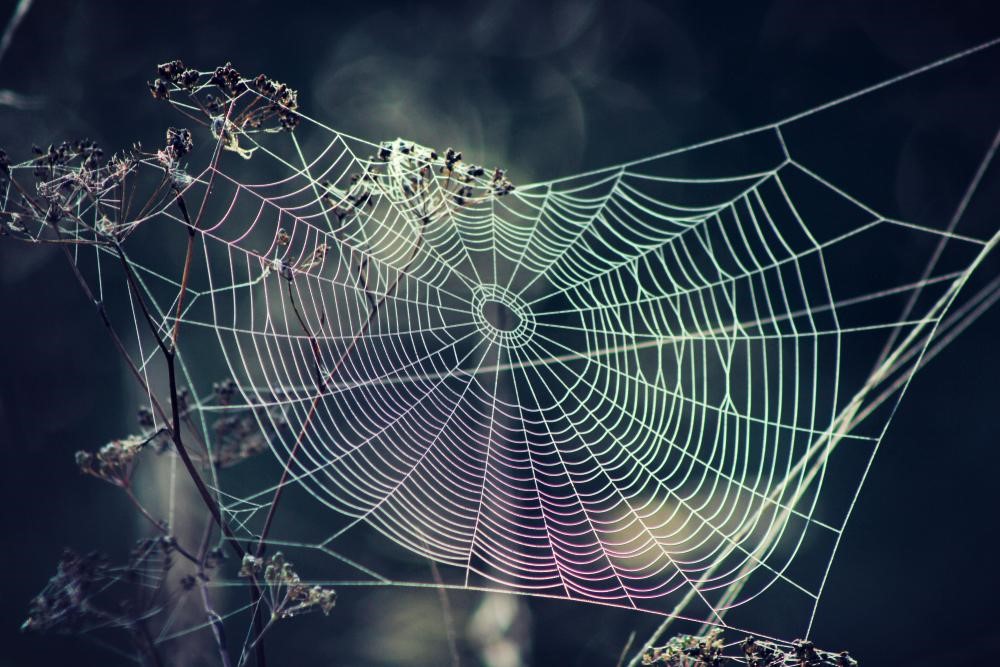
Spider silk could help solve plastic problem
Plastics are very useful materials. But the unprecedented amount of plastics produced over the past non-recyclable and non-biodegradable, caused serious environmental pollution.
Synthetic and non-biodegradable plastics commonly used for food packaging include polythene terephthalate (PET), polystyrene (PS) and crystalline polythene terephthalate (CPET).
There are some biodegradable plant-based plastics, such as polylactic acid (PLA), polybutylene succinate (PBS), polycaprolactone) (PCL) and polyhydroxyalkanotes (PHAs), which are friendlier to the environment than non-renewable polymers.
PLA polymers are produced from renewable resources and have the advantage of being recyclable and compostable. However, their long-term durability and stability are lower than their synthetic counterparts.
Now researchers have found a way to make plastic from abundant and sustainable plant proteins. Inspired by spider silk, the film works in a way similar to other plastics, but it can be composted at home. They’ve called it a “vegan spider silk”.
They analysed important properties, such as barrier properties and moisture absorption. They found the nanoparticles helped to increase the various properties – strength and long-term durability and stability – significantly.
This new material could help solve some of the problems that plastic pollution has caused to the environment – by introducing a material from renewable source with enhanced properties suitable for many engineering applications, including packaging using natural resources and less energy consumption.
 English
English Arabic
Arabic


